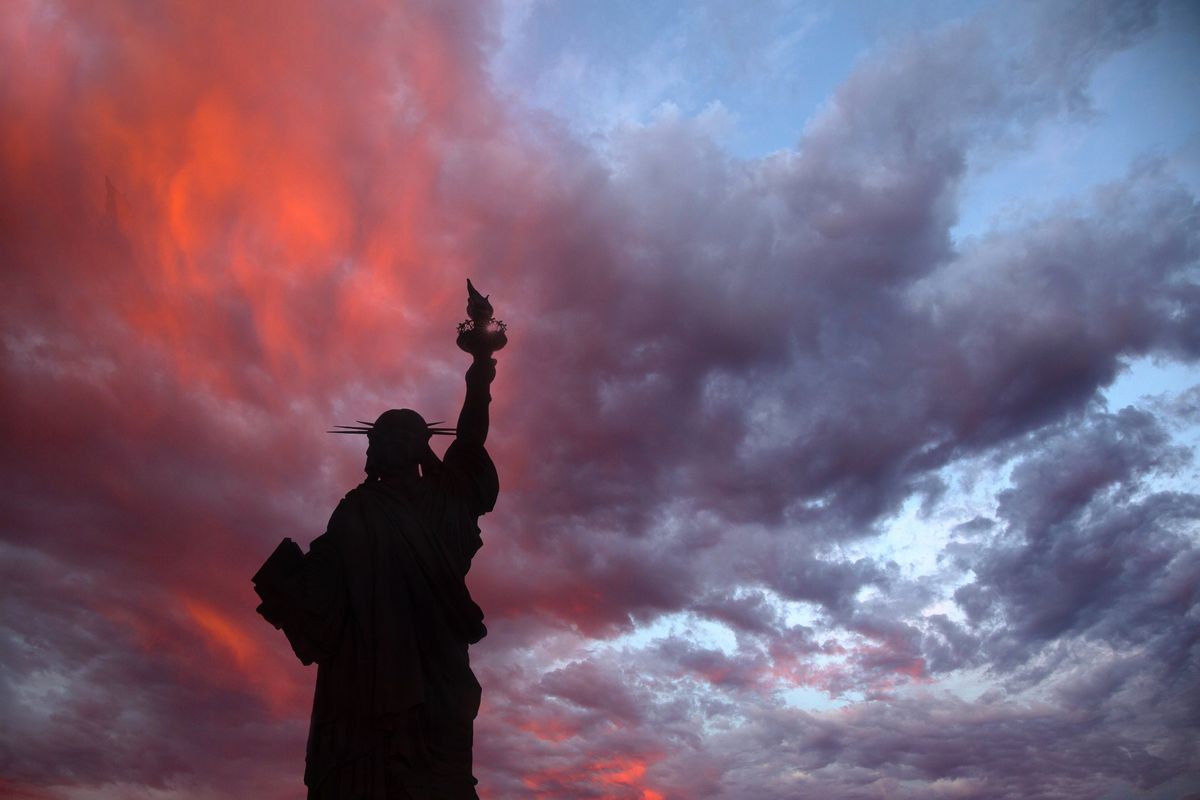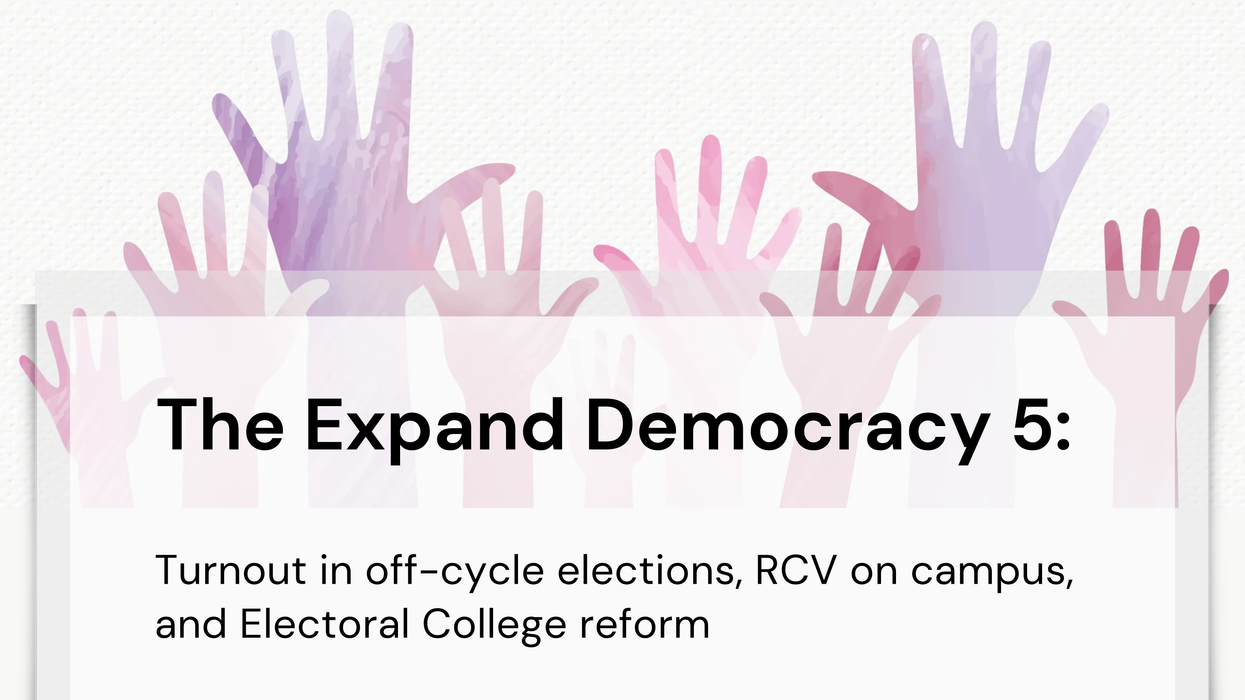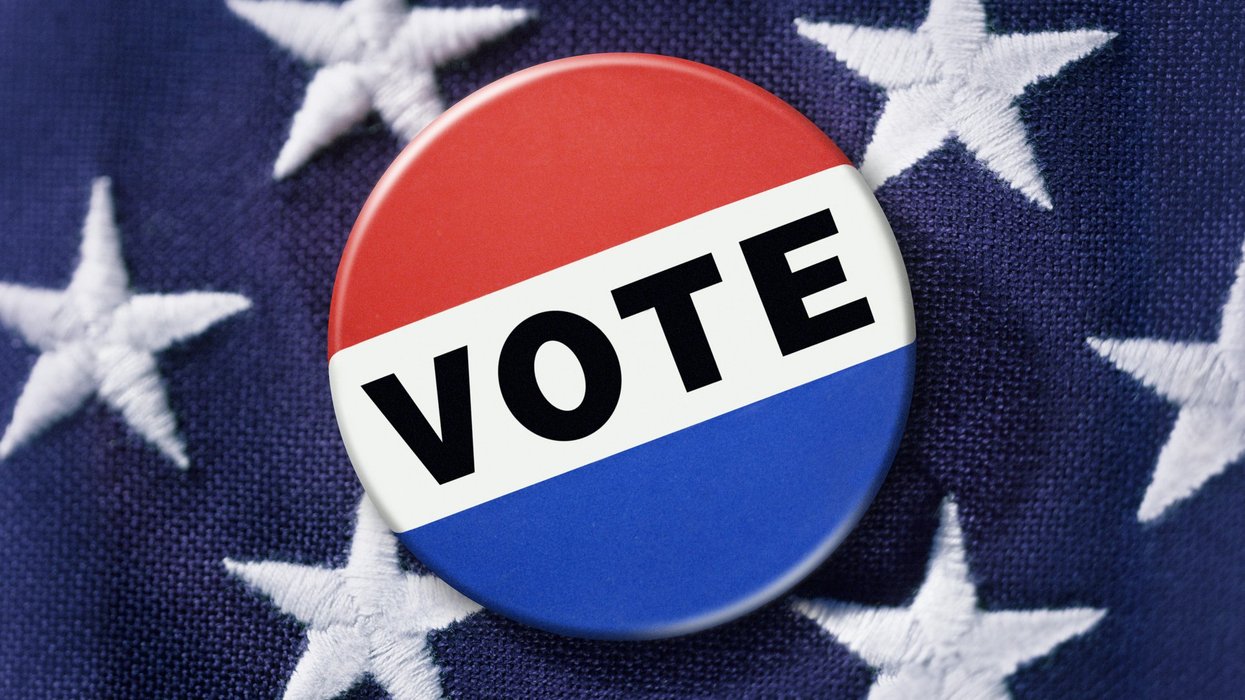The nine Democrats on the new House committee tasked with shaping climate change policy collected $238,000 from the oil, gas and utility industries for their 2018 campaigns, according to campaign finance data reviewed by the Center for Responsive Politics.
"Outside Washington D.C., it's common sense: politicians setting climate policy shouldn't be taking money from the corporations and executives who have fought for decades to stop action on climate change in order they can protect their bottom lines," Stephen O'Hanlon, a spokesman for the progressive Sunrise Movement, told Bloomberg News.
Republicans have not named their delegates to the panel, the Select Committee on the Climate Crisis. The top recipient among the Democrats, at $120,0000, was New Mexico's Ben Ray Lujan, who chaired the party's House campaign operation last cycle and was his state's chief utility regulator before winning election to Congress a decade ago. The chairwoman, Kathy Castor of Florida, received $7,500.
Some panel Democrats received contributions from environmental groups as well as renewable energy companies that could benefit from legislation mandating reduced carbon emissions. Only one of them, California freshman Mike Levin, has pledged to disavow any donations from fossil fuel business.
"Rejecting the industry's influence by taking the No Fossil Fuel Money Pledge should be a prerequisite to these discussions," David Turnbull, a spokesman for Oil Change USA, part of the coalition behind the pledge, told Bloomberg. "By joining the committee, these members have shown they're interested in tackling this issue; they can show they're serious about showing true climate leadership by standing up to the industry directly."




















